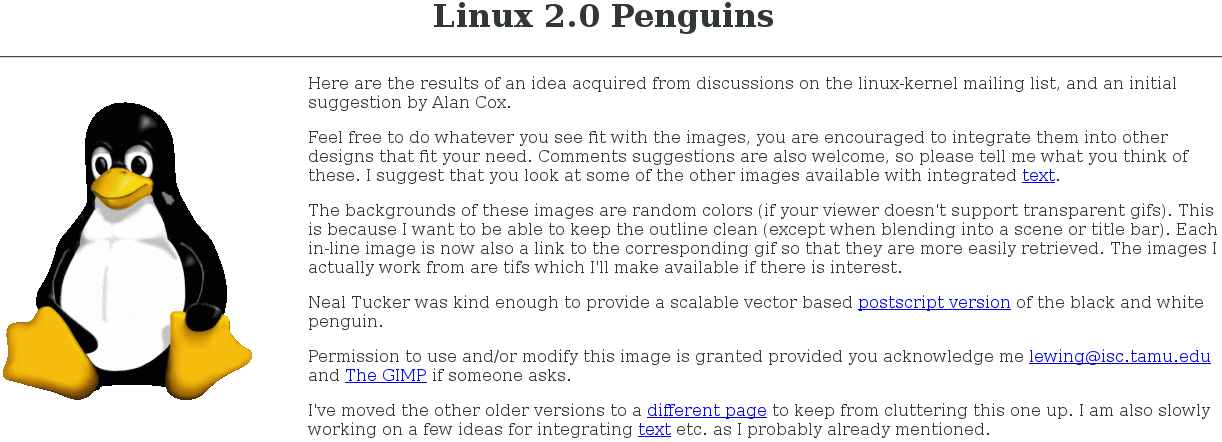During the Star Trek: The Cruise II, I was often wondering about licensing issues related to everything that was going on around me. Besides amusing me, there was a particular reason: Early during the cruise, Michael Dorn (Worf) made an uncanny quip while introducing Nana Visitor and René Auberjonois for their show: “You would be still be clapping even if I were reading from the phone book!”
From that comment on, I was frequently commenting to myself what later gelled in my mind into “Phone Book Recitals”. As such, I was often wondering about licensing issues and the economic choices which were made during the organization of the cruise regarding each and every show, event, and detail on the ship.
For instance:
- The on-board PA system alternated between sound effects and music from mostly, as I perceived it, The Original Series, and pop music from the 1980’s. I noted several repetitions of tracks from the “Invisible Touch” album by Genesis, making me assume that the ship was rotating through the same play list of music. Part of me wondered how much of this latter part was targeting the likely demographics of the passengers, as in those of us old enough to both have enjoyed such music in our youth, and be able to reasonably comfortably afford being on the cruise, and how much of the 80’s music was being played due to a favourable music licensing deal. Despite this, I rather enjoyed both the sound effects and the music.
- On the in-house television in the cabins, there were two channels which carried Star Trek; by the end of the cruise, I’d noticed that there were three. I typically would watch bits over three episodes of Star Trek a day when waking up or going to bed. On one channel, the second Abramsverse movie, Star Trek Into Darkness, appeared to be in almost constant rotation. On the other, there appeared to be a preponderance of DS9, with just enough Enterprise for me to notice. I only starting seeing some TNG near the end of the cruise. So: Are Star Trek into Darkness and DS9 lagging behind on broadcasting rights royalty income?
- Near the concièrge desk, there were a number of video screens, apparently with constant and perpetual loops of the TOS episodes Charlie X, Shore Leave, and The Naked Time; another appeared to always have Star Trek: The Motion Picture playing. What was it about these episodes and this movie? Is it the same broadcasting rights royalty income conspiracy theory I mention above? Or just that the DVDs or BlueRays or digital copies got stuck in a perpetual playback loop?
Then there were the live shows and events I attended, almost all of which I otherwise found thoroughly enjoyable. Several of the shows had nothing to do with Star Trek, other than the fact that the performers happened to have been, well, the actors who portrayed Captain Sulu, Lt.Cmdr. Laforge, Odo, Major Kira, Q, The Doctor, and so on.
Given the several shows I saw, virtually all starring one or more Star Trek actors and / or personalities, while I was clapping at the end and otherwise (usually) thoroughly entertained, I was often scratching my head as to what the show I had just seen had to do with Star Trek, and (usually) expecting that I would have been equally entertained had the performers been any other performers, be they known stars, or career cruise ship entertainers.
Don’t get me wrong: With one exception, all were thoroughly enjoyable, perhaps more so because of who were performing. (I’ll even grant the one exception the courtesy of having been interesting in its own right, albeit beyond what I would have chosen had I known what it really would have been about beforehand.) However, despite rather enjoying the cruise and the shows I attended, I felt like I was giving a number of the shows and the performers a bit of leeway, while wondering where the “Star Trek” part was. Often enough, I was wondering how much a given show or activity was being presented because it passed muster based on the promoter’s entertainment committee’s (and I’m pretty sure the cruise line’s committee’s) “entertainment index” (though ignoring for Star Trek content), and how many licensing issues arose regarding more Star Trek specific shows, be it more Star Trek script readings (or readings of scripts that didn’t make it to screen), dramatic adaptations of fan generated stories, or more exposés on the inner workings of Star Trek.
For instance, John de Lancie and Robert Picardo (as well as other Star Trek personalities) performed a reading of a dramatization of the 1925 Scopes Monkey Trial (The State of Tennessee v. John Thomas Scopes) as well as individually in other shows having nothing to do with Star Trek. Robert Picardo also performed his current show called “BFF” with Jordan Bennett, (apparently) known for starring in Les Misérables on Broadway; except for a song opening at the beginning in which the Star Trek theme song is performed, it appeared to have nothing to do with Star Trek. Had the cruise been themed for the Stargate franchise, both John de Lancie and Robert Picardo, who also were secondary characters in that franchise, could have performed almost all of the same shows I saw them perform on the Star Trek cruise, and there would be little difference.
Yes, these actors have virtually all had acting careers before and after Star Trek. I imagine that at least a modest ability to competently sing and dance is a somewhat more common skill amongst actors than the general population, while generally, their portrayals on Star Trek usually had nothing to do with song and dance. Yes, they do have lives outside of Star Trek. And yes, I don’t only watch Star Trek on TV, or only watch TV all day long; yes, I have other interests beyond Star Trek that have nothing to do with spaceships or TV. I understand that thirteen, sixteen, nineteen, twenty-three or forty-eight years after the end of the respective shows in which the actors appeared, they have gone on to other performing activities and interests, and in many cases actually have current shows – take Robert Picardo’s current “BFF” show, which I thought was remarkable for rating very close to zero on a scale of one to ten in Trekkie-ness.
But … I went to, I paid for, a Star Trek themed cruise. I did get part of it: Star Trek actors and personalities, and a number of Star Trek themed window dressings on the ship. And yes, of course, I got a great cruise!
Yet, from my perspective, the cruise felt like a cruise that happened to have an (almost merely nominal) Star Trek theme. I found it hard to immerse myself in Star Trek.
Yes, I got to see Star Trek stars. Yes, there was a good amount of gawking at “cool t-shirt” or “great klingon costume” comments (at least three of my Star Trek themed t-shirts drew attention from others).
However, I did not happen upon any impromptu “heated” discussions about anything Star Trek. The type I might have in mind would be the likes of ethical discussions over the Dominion War, which episodes were the best (or worst), or whether or not they should have actually killed Kirk onscreen (which I think was a mistake, both in and of itself, as well as how they did it; that he wasn’t with Bones and Spock at the time isn’t the point.) Admittedly, I do recall, more as an afterthought, having one brief conversation with someone: “Which starship would you see yourself on?” I replied that I’d liked to be on Enterprise-D, but if I were really lucky, I might end up being one of Janeway”s lost sheep (a reference to an episode in which she takes a personal interest in three under-performing crew members.) And to be fair, I was often running from one show to the next such that I had little time to sit back and seek out these kinds of bar conversations.
Basically, I felt that at the core of the cruise, there wasn’t actually enough Star Trek. It was like Trelane in the “Squire of Gothos”: So many of the trappings, but not quite enough of the actual substance.
Do you think that instead of reading the Scopes Monkey Trial, they could have read through another Star Trek script?
Could Robert Picardo have sung (at least one of) “My Darling Clementine”, “Someone to Watch Over Me”, “You Are My Sunshine”, and the Doctor’s fantasy version of “La donna è mobile” in his show, since these are songs he sang onscreen in Voyager? Edit 20240312: Add his modified version of “Rockabye Baby” regarding B’Ellana’s yet-to-be-born child.
Do you think that Viacom or CBS or whoever deals with the licensing could have made the shows more Star Trek like?



